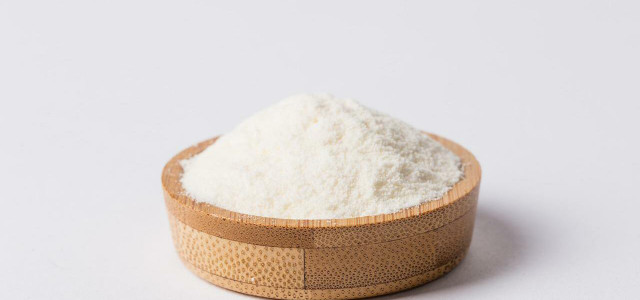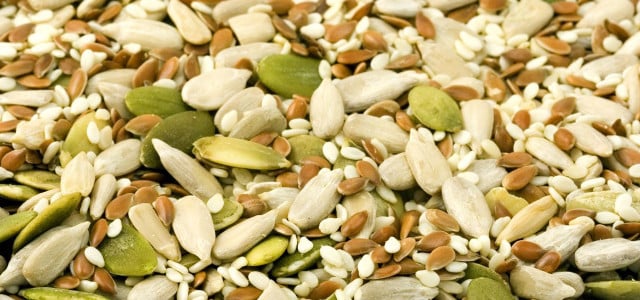Is whey protein vegan? In this guide we’ll take a look at the ingredients of whey protein and assess whether or not they are suitable for vegans and vegetarians.
Whey protein has become popular among athletes and gymgoers, mainly due to its abilities in helping aid muscle growth. It is a source of protein and amino acids, two of the key building blocks to help your muscles grow stronger.
What Is Whey Protein?
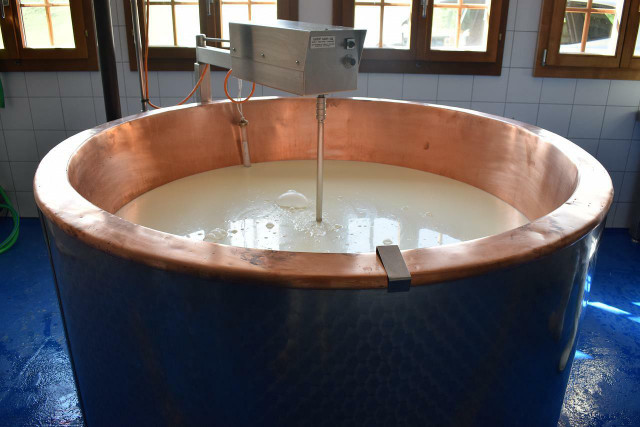
(Foto: CC0 / Pixabay / dyhuettner)
Whey protein is a protein made from whey, which is produced during the cheese production process. It is the ‘watery’ portion of milk that accumulates and separates from the curds. It is commonly used by athletes and gymgoers to gain muscle, and comes in three different forms. These forms include whey protein concentrate, whey protein isolate and whey protein hydrolysate.
To prepare it for consumption, the milk is first pasteurized to remove bacteria. The curd and liquid whey are then separated using enzymes, and then concentrated and isolated. To create the whey protein in powder form, the liquid concentrate is spray-dried with hot and cold air. This helps it to form into a powder.
What Are the Ingredients in Whey Protein?
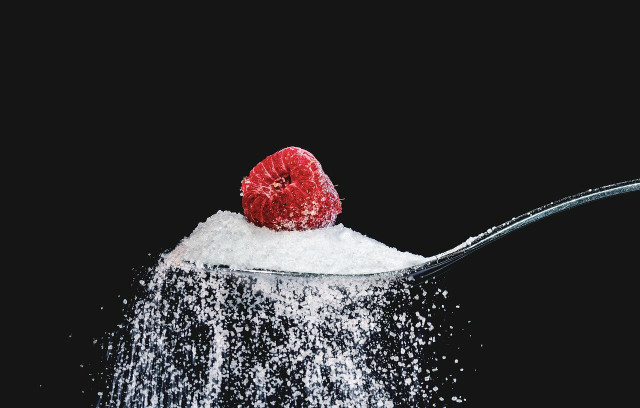


(Foto: CC0 / Pixabay / Myriams-Fotos)
Is whey protein vegan — or even vegetarian? If you’re a budding vegan, this may be one of the first questions on your mind. By taking a look at the ingredients, we’ll be able to tell you if whey protein is vegan or not. Here are the following ingredients that you could expect to find in the product:
- Beta-lactoglobulin
- Alpha lactalbumin
- Bovine serum albumin
- Immunoglobins
- Cysteine
- Lactose
- Sugar
- Fats
- Sucralose
- Cocoa
- Soya lecithin (emulsifier)
Whey protein also contains a high amino acid content. However, the ingredients differ depending on what whey protein you purchase, as there are many different brands and varieties available.
When purchasing any vegan protein products, make sure to look out for the following ingredients:
- Whey
- Casein
- Powdered beef
- Egg protein
These are all ingredients that you should actively avoid when looking to purchase protein powder, particularly if you are vegan or vegetarian.
Is Whey Protein Vegan?
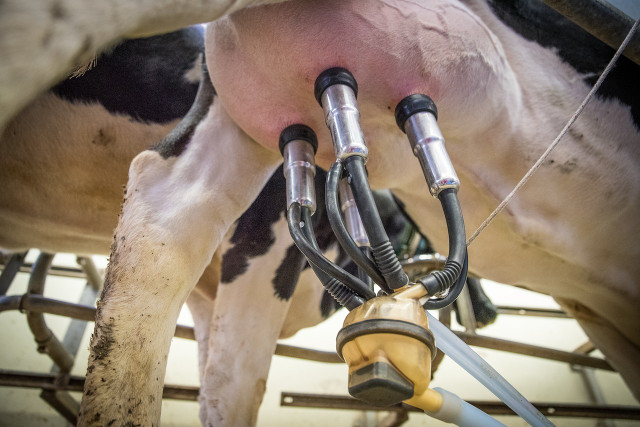


(Foto: CC0 / Pixabay / Ehrecke)
Whey protein is an animal byproduct and contains lactose — as we can see from the ingredients list. As it is derived from milk, that classifies whey protein as a dairy product, and therefore, not vegan. Some vegetarians may also object to the animal rights ethics of the whey production process and will want to abstain from using whey protein.
When purchasing any vegan protein products, make sure to look out for the following ingredients:
- Whey
- Casein
- Powdered beef
- Egg protein
These are all ingredients that you should actively avoid when looking to purchase protein powder, particularly if you are vegan or vegetarian.
Whey Protein Vegan Alternatives
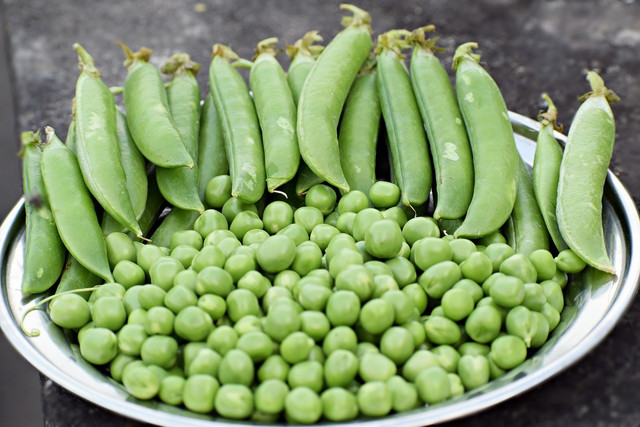


(Foto: CC0 / Pixabay / balouriarajesh)
If you’re looking for a vegan protein powder, you don’t need to worry. We’ve got you covered, and there are plenty of options available.
In recent years, pea protein and other vegan alternatives have become increasingly popular options. These plant-based proteins are great alternatives to traditional protein powders, allowing you to still get your dose of protein in a vegan-friendly way.
Here are some whey protein vegan alternatives that you could try:
- Pea protein: Pea protein is made from yellow and green split peas, and made into an isolate through a process known as wet fractionation. Muscle gains with pea protein have been shown to be similar to those who consume whey protein.
- Hemp protein: Hemp protein is derived from raw hemp seeds and is free of THC.
- Pumpkin Seed Protein: Similar to hemp protein, pumpkin protein is made from its very own seeds. Pumpkin seeds are a great source of protein, with approximately 23g of protein per 100g serving.
- Plant protein blends: Plant protein blends have become increasingly common, and for good reason. These blends contain optimal levels of all essential amino acids as part of a single product, making it an easy and convenient option for many individuals.
In terms of environmental impact, whey protein may be more sustainable than other animal-based protein sources. Since it is produced from an ingredient (whey) that is a byproduct of the cheese production process, it doesn’t have a particularly high environmental impact on its own. However, this could change as increased demand for the product could lead to milk being processed purely to create whey protein. In retrospect, this makes plant protein blends a better long-term sustainable option.
Read more:
- Are Protein Bars Good for You? Facts and a Healthy Recipe
- 6 High Protein Vegan Breakfast Recipes To Give You Energy
- Does Fruit Have Protein? 12 High-Protein Fruits
Do you like this post?






